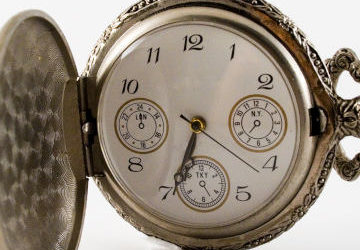Regulating Sleep Hours
Very often, people with bipolar disorder have irregular sleep patterns. During manic or hypomanic episodes, they could be deprived of sleep. During depressive episodes, they may sleep excessively. Overcoming these tendencies requires enough understanding of one’s illness to diminish the stresses underlying the symptoms.
Working with a soul-based theory, any true healing originates at the spiritual level. While medications and most counseling methods may help to alleviate some of the symptoms, such treatments are temporal. To break the bipolar cycles, one must identify and address the root causes.
Heightened Sensitivity and Mental Activity
People with bipolar disorder are believed to have higher sensitivity and creativity. We could see how the soul-based theory resonates with this claim.
During manic episodes, mental activity is heightened: profound insights, frequent inquisitions, broadened interests, sudden curiosity, etc. When there is heightened mental activity, quality of sleep suffers.
Main Stress Factors
In the soul-based explanation, the main considerations include (but are not limited to):
- the intent or purpose of the multi-soul collaboration
- consequences of a delay or procrastination of the collaboration
- the level of energy required to fulfill the mission
Inner Guidance
Each case of bipolar disorder has a different purpose, and no therapist holds the ultimate answer to what it is. Its meaning has to be self-discovered, and may require some time and patience. Healing each stress factor requires attuning to one’s intuition and conscience.
Essentially, there is a hidden lesson in each phase. Once a lesson is unveiled, the symptoms will diminish until the next lesson emerges.


